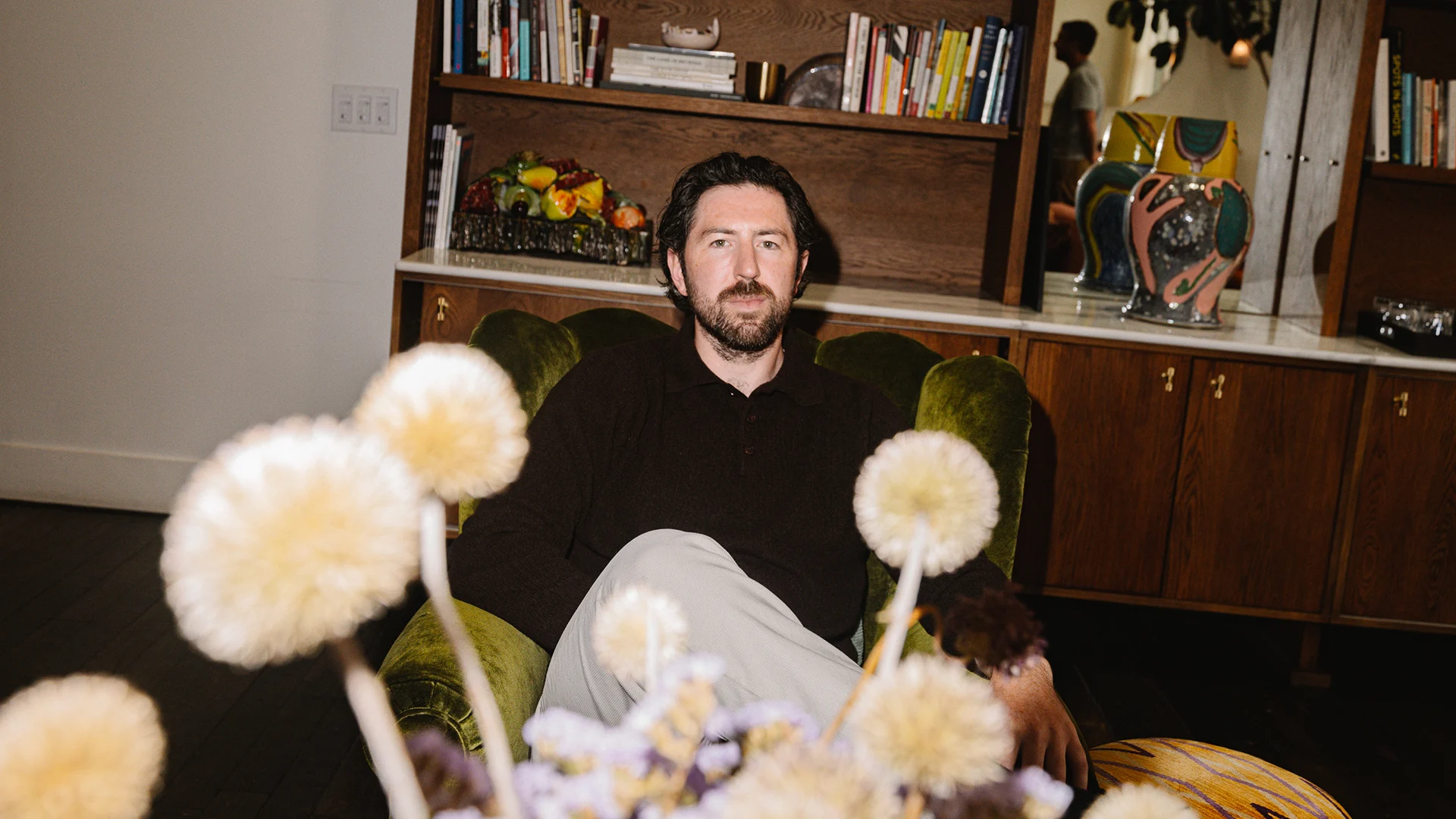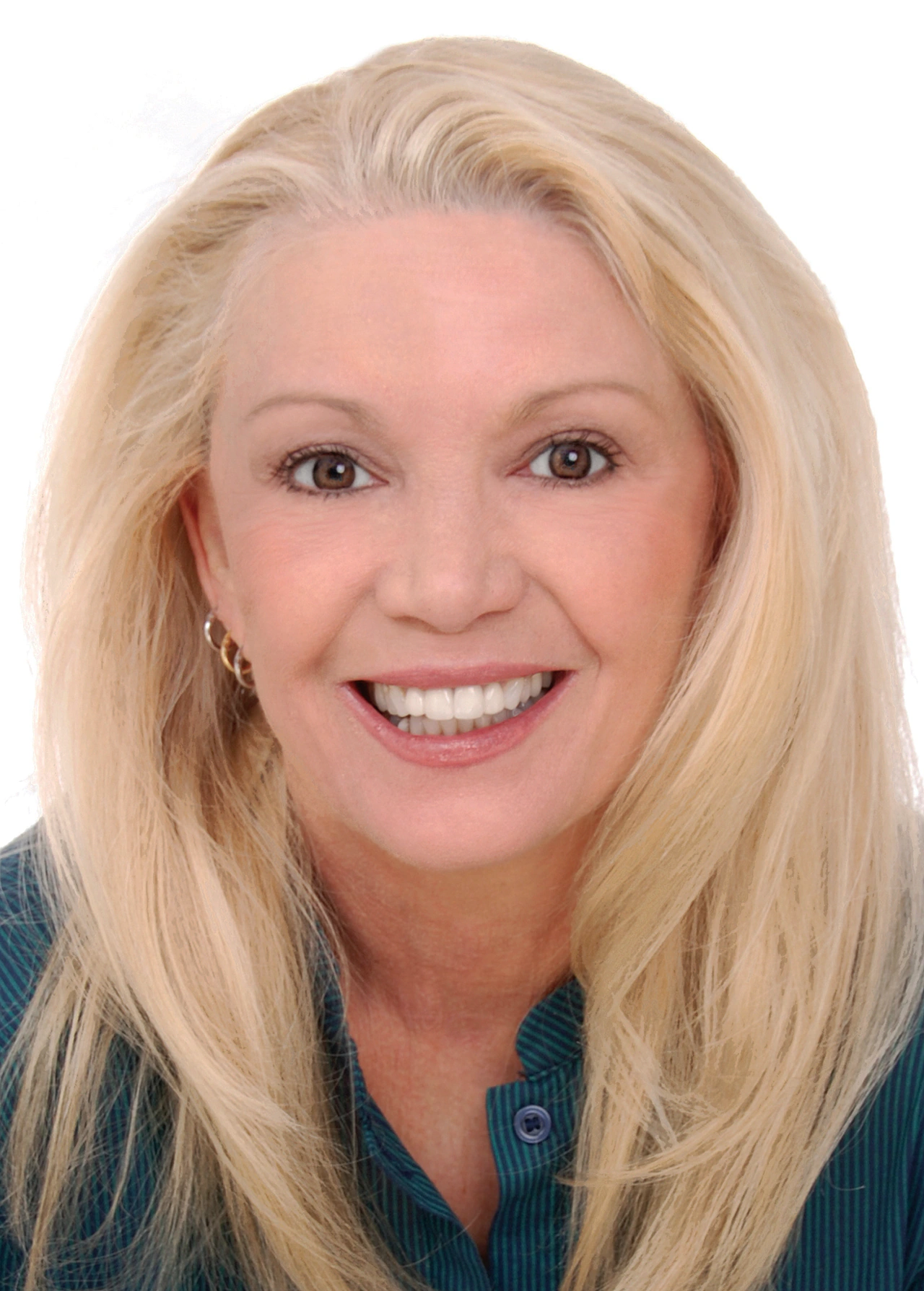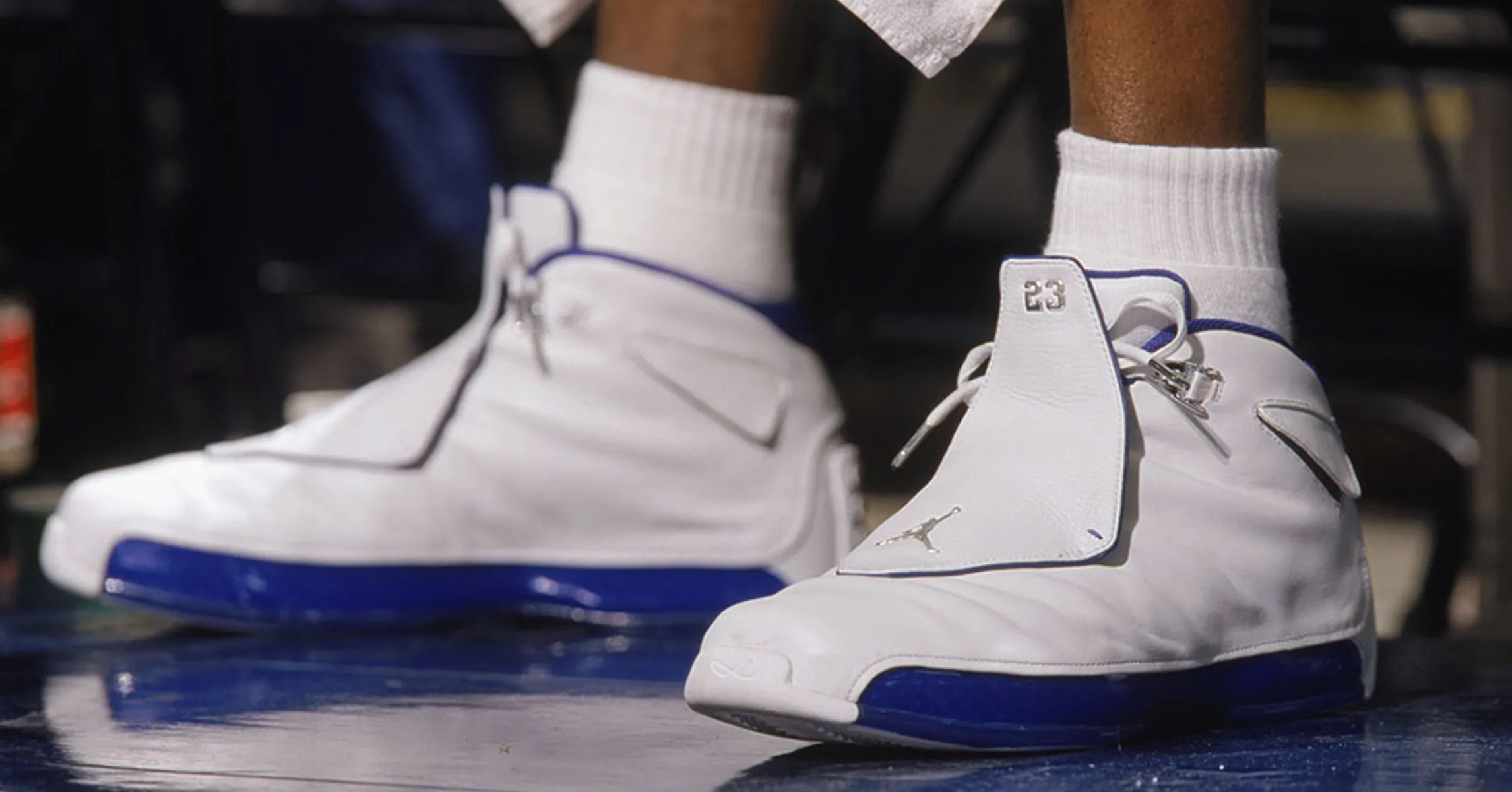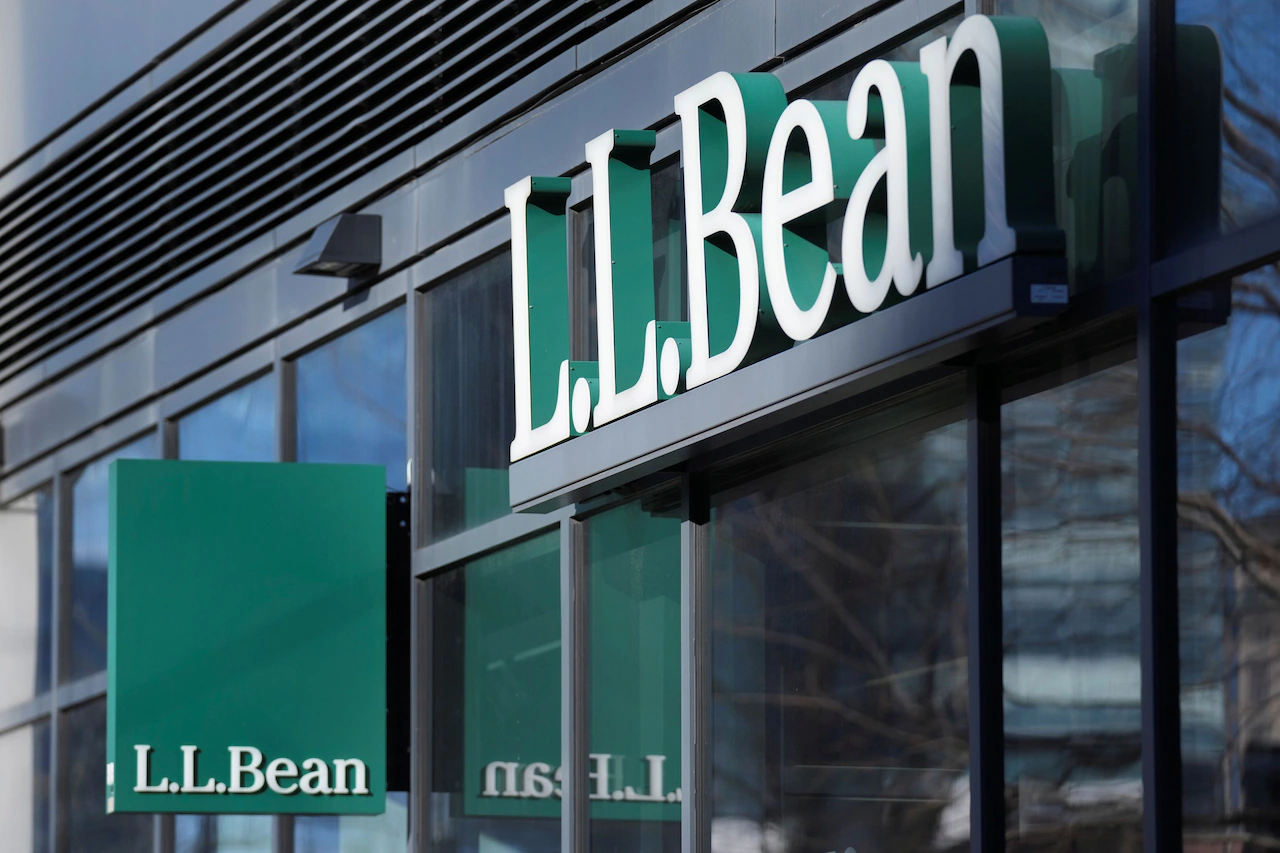
It’s a Tuesday afternoon, and I’ve sunk into a plush, jewel-toned sofa under a skylight. I’m pecking out the first lines of this article, while sipping sparkling water at the ritzy coworking space The Malin. At the Flatiron location in New York City there’s a buzz of productivity around me, as everyone speaks in library voices or types intently on their laptops. Several members rush to the kitchen for the daily afternoon snack drop. Sure, there are people eating sad desk salads or sipping Muscle Milk, but the space feels pristine, with empty cups silently whisked away and none of the normal office clutter in sight.
The Malin, which launched with a single coworking space in 2021, is on track to have 11 locations by early 2026, including spaces in Nashville, Savannah, Austin, and Washington D.C. In 2024, the company brought in $10 million in revenue, and it expects to double that to $20 million next year. That growth propelled the Malin to No. 41 on the Inc. 5000 list of fastest-growing companies in America.
Founder Ciarán McGuigan, 36, attributes that success to “doing the basics really, really well.” From the start, he knew he wanted to capture the high end of the coworking market and offer personalized service to each member. He believed the footprint should be 20,000 to 25,000 square feet: spacious but not overwhelming.
Decorated with overstuffed velvet seats, dark green walls, abstract oil paintings, and stacks of art books, the workspace is designed to attract founders who want a stunning backdrop for meetings, startups that want their own office without the hassle of maintaining it, and larger tech firms that want to give their remote workers an office option. Over the summer, the Malin’s SoHo location appeared onscreen in the movie Materialists, as the office where Dakota Johnson’s character worked as a matchmaker for wealthy Manhattanites.
Featured Video
An Inc.com Featured Presentation
What the second generation of coworking spaces have learned from the first
Can the Malin succeed where many of its competitors have stumbled? WeWork launched in 2010, and by 2018 it leased the most private office space of any business in Manhattan, burning through hundreds of millions in venture capital in the process. But as market conditions changed, the company could not keep up with its expenses, and WeWork filed for bankruptcy in 2023. (After shedding many long-term leases, WeWork exited bankruptcy last year and continues to operate about 150 spaces.) In September, NeueHouse, a high-end members’ club and coworking space with locations in New York and Los Angeles, shut down with only 48 hours’ notice to members. In a statement on its website, the company citied “legacy liabilities.”
The Malin, like many new entrants into the coworking business, strikes management agreements with landlords, rather than taking on the sort of long-term leases that proved unsustainable for earlier entrants in the market. The spaces operate as joint ventures: Landlords provide much of the early capital while the Malin handles the design, management, and operations. Both parties take a share of the revenue.
For commercial landlords facing an industry-wide decrease in demand for office space, partnering with the Malin has proven an attractive proposition. In December 2023, the Malin opened a coworking space in Nashville’s Wedgewood Village, a new mixed-use development from AJ Capital Partners, the team behind Graduate Hotels, the boutique hotel chain that sold to Hilton in 2024. “With shared roots in hospitality, our partnership was built on a belief that design and service are essential to meaningful placemaking,” says Ruben Navarro, Chief Brand Officer at AJ Capital.
Developer TF Cornerstone began working with the Malin on a location in New York City’s NoMad district in 2023. “The revenue from the Malin is more variable than a traditional fixed-rent, long-term office lease, but we felt that it was worth taking a chance that we could outperform on revenue over time and that the tradeoff in volatility was acceptable for one floor of a twelve floor building,” says Jake Elghanayan, a senior vice president at TF Cornerstone. “Their team’s analogy is that it’s like introducing a little bit of equity exposure to a primarily fixed-income portfolio.”
For landlords, the costs of building out a new Malin space are higher than a regular office tenant, but when you factor in broker commissions, building costs, and rent concessions to new tenants, the outlay is like a traditional deal, Elghanayan adds. With time, McGuigan says, the joint ventures earn landlords about 40 to 50 percent more per square foot than they’d get from a normal landlord-tenant lease. And clearly TF Cornerstone is happy with the partnership, which has since expanded to a location in Washington D.C. and a forthcoming New York City location.
The concept of flexible office space has been around for decades, pioneered by companies like Regus. Coworking got a boost in recent years, as companies and workers embraced hybrid work schedules and looked to reduce office space. Today the average daily occupancy rate for offices is about 55 percent of pre-pandemic levels—a stat that’s not likely to change anytime soon, says Peter Kolaczynski, an associate director of commercial data at real estate research firm Yardi.
Despite their increasing popularity, coworking spaces currently account for just 2 percent of office space nationwide. “There’s a ton of room to grow,” says Kolaczynski, who anticipates that eventually more than 10 percent of all office space will be coworking or shared offices. Much of the demand will be driven by large corporate clients that want to offer flexibility to workers or open satellite offices in new locations.
Memberships at the Malin don’t come cheap. Depending on the region, access to the common areas starts at $275 a month, and private offices range from $3,500 to $35,000 a month. But that hasn’t dampened demand, particularly for private offices, which often sell out before a new coworking space even opens. In fact, within two hours of NeueHouse announcing its closure, the Malin says it received 11 inquiries for private offices.
Bringing hospitality and partnerships into coworking
If the Malin looks like a boutique hotel lobby—one Yelp reviewer sniffed at the SoHo location, calling it a “glorified furniture showroom”—there’s a reason for that. In addition to running the Malin, McGuigan is the creative director of Orior, the furniture company his parents founded in Rostrevor, Northern Ireland in 1979. The family also runs Ardor, a furniture manufacturing business that counts among its clients the interior designers behind high-end hotels and nightclubs, including Annabel’s in London and the Pembroke in Washington, D.C.
Around 2015 he realized the family businesses were “adding all this value to real estate.” Maybe he should launch his own hospitality company? A hotel brand would be an obvious choice, but the market was saturated.
Companies like WeWork had turned flexible office space from something stodgy—the office equivalent of an airport Marriott—into a cool new way to work, even a lifestyle. But where WeWork raised about $12 billion in venture funding and struggled to turn a profit, McGuigan has been a careful steward of his investors’ and partners’ money. In 2021, the Malin closed a seed round of $6.5 million to get the business off the ground—the only outside funding it’s raised to date.
When the Malin’s first location in SoHo was slow to catch on, he stopped taking the Malin’s share of the revenue split he’d agreed to with the landlord for nine months. “I said I was going to do something, I hadn’t achieved it, and I didn’t feel good taking the money,” says McGuigan. “The landlord couldn’t fucking believe it.”
With a little time, new members started signing up, and the landlord has since quadrupled the Malin’s footprint in the building. And the Malin hit profitability in March of this year.
In recent months, the Malin has inked a partnership with Equinox gyms, has begun adding event spaces to its new locations, and is in talks for its first international location in London. (The Malin is partnering with Inc. on a series of events for founders.) But McGuigan says he wants to create an environment that’s conducive to work, without branching into things like community building or creating an off-hours social hub.
Last year, I met Arjan Singh at the Malin SoHo, for an article about Jolie, the luxury showerhead company he co-founded. Now, Singh has a dedicated office in the Flatiron location. He likes that the space keeps the focus on work, rather than offering social activities, ping-pong tables, and other diversions that some other coworking spaces provide. “I like the sole focus on work,” “As a very social person, the productive environment helps me keep the focus,” says Singh, whose company brought in $28 million in revenue in 2023. Nonetheless, he’s made several founder friends at the Malin.
McGuigan takes pride in the fact that businesses like Jolie are thriving in the Malin. “The fact that they’ve had that growth, and they’re applying their craft within these four walls is unbelievable,” McGuigan says. “When I see 10 people sitting at the communal tables, someone could be writing a book. Someone could be doing the next OpenAI. The amount of commerce that’s happening is amazing.”
You might also enjoy:
This Members-Only Club Backed by Charles Barkley and Cam Newton Is Making a Comeback
Investors Including Ashton Kutcher Are Taking Soho House Private in a $2.7 Billion Deal
Why This Upscale Co-Working Space Just Shuttered Abruptly



